On a rainy night, a young woman abandons her baby. The baby is illegally retrieved by two men who are determined to find a new family for him. During an unusual and unexpected journey across the country, the destiny of those who meet this child will be deeply changed.
We had this exchange with Michel Ciment about directors (hedgehogs) who spin their work and who, from film to film, seem to either repeat or deepen the same gesture, while others (foxes) perpetually seek to renew themselves by tackling different themes and genres, in reference to an article that made Isaiah Berlin famous. With the possible exception of The Third Murder, whose risk-taking we praised, we have often complained, whether it be for Kore-Eda, or even more so for the Dardennes brothers, of the infinitely repeated gesture that does not shed any new light on or thicken the work, or worse, that could take away the magic. Naturally, we at Cinema Reporters are more inclined to discovery, or rediscovery, and in our editorial line we inscribe the absence of dogmatism and proselytism as to the talent of an author, whom we therefore call to requalify from film to film, without consideration – in the judgement in any case – of the past work.
What did Broker announce, what would it bring to Kore-Eda‘s already rich body of work on the theme of family, these were the questions we asked ourselves when we discovered the presence of the film in the official selection of Cannes, with some reluctance, and even more so, (this time with a little more excitement and curiosity) when we were given the opportunity to see it in the official press session at Cannes. Our first impression was the following:
What a strange sensation to hate the conservative message disseminated in the film “Abortion is a crime” and to strongly appreciate the vertigo proposed by the scenario, the space of reflection on the family offered.
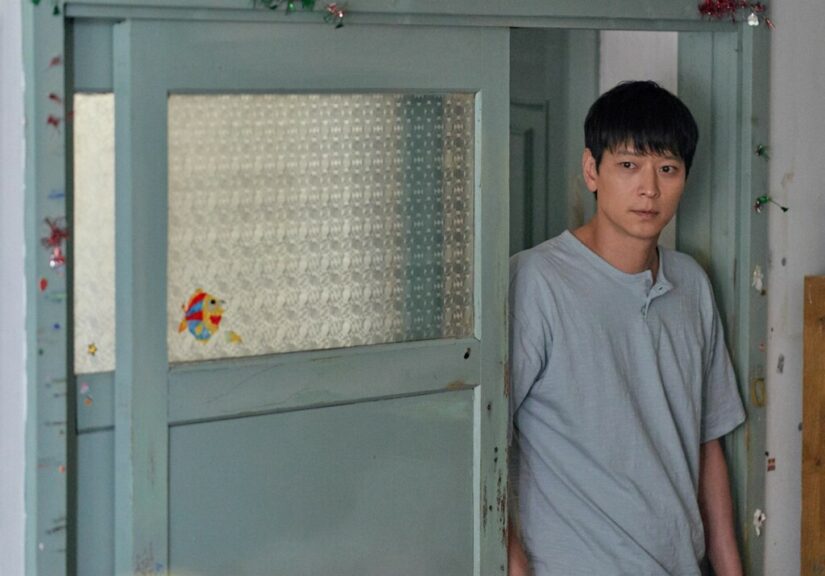
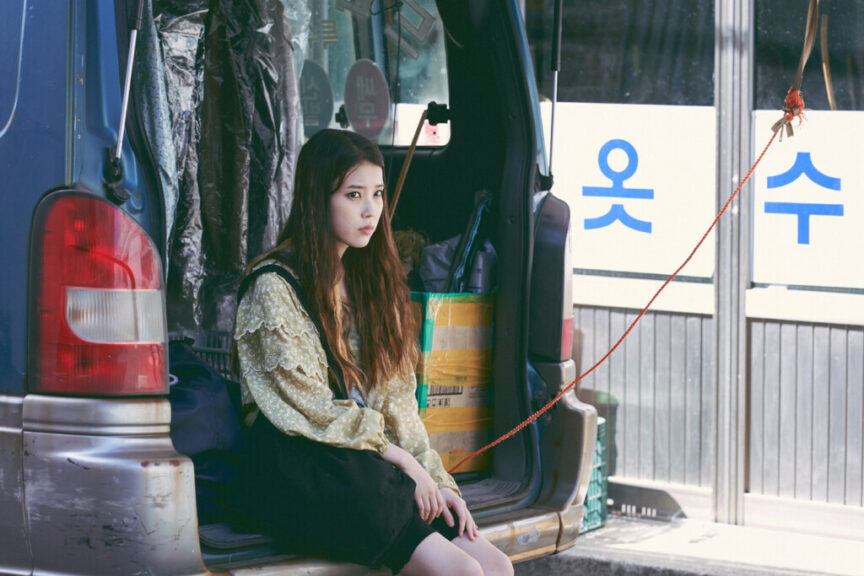
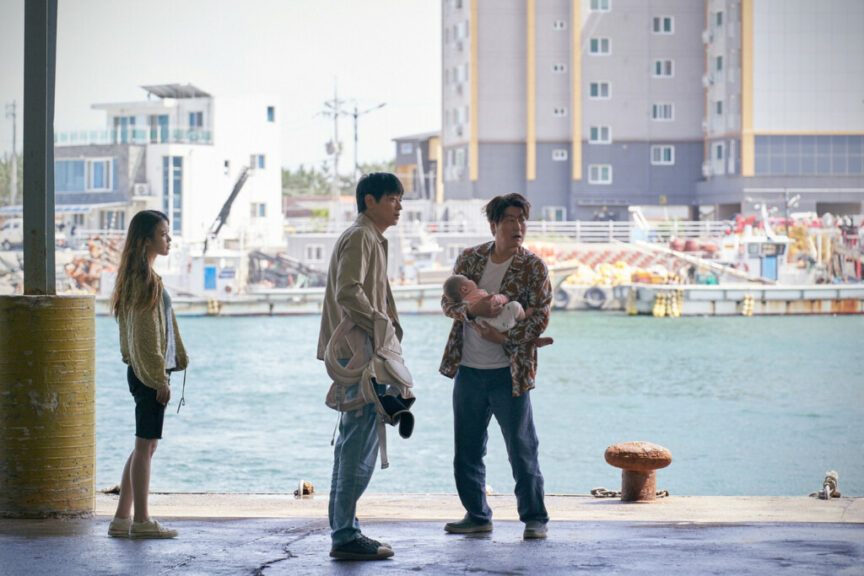
Perfectly put together, with a lot of mischief, especially in the form, which is much more rhythmic than A Family Affair, even though it won the Palme d’Or, Kore-Eda offers us a film which, under a light appearance, multiplies the looks at the family scheme and asks questions about the necessity of the family, whether it is natural or reconstituted. In this respect, it ranks alongside Inarritu by not being afraid to put/say too much. Intelligent as a whole, it may make us fear a political recuperation, but the good time spent through the enigma and the spring (the storyline gives a big part to the rebound), certainly makes us spend a pleasant moment, the rhythm being alert and the dialogues entertaining.
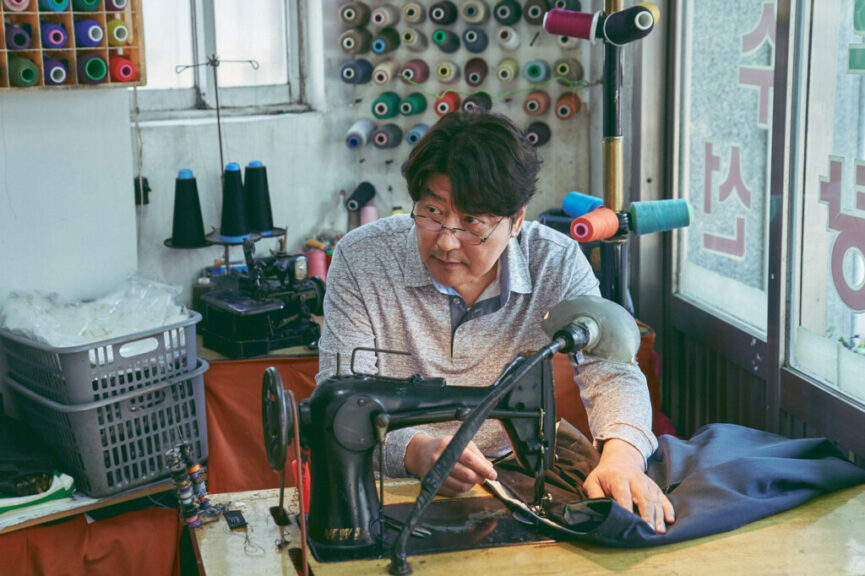
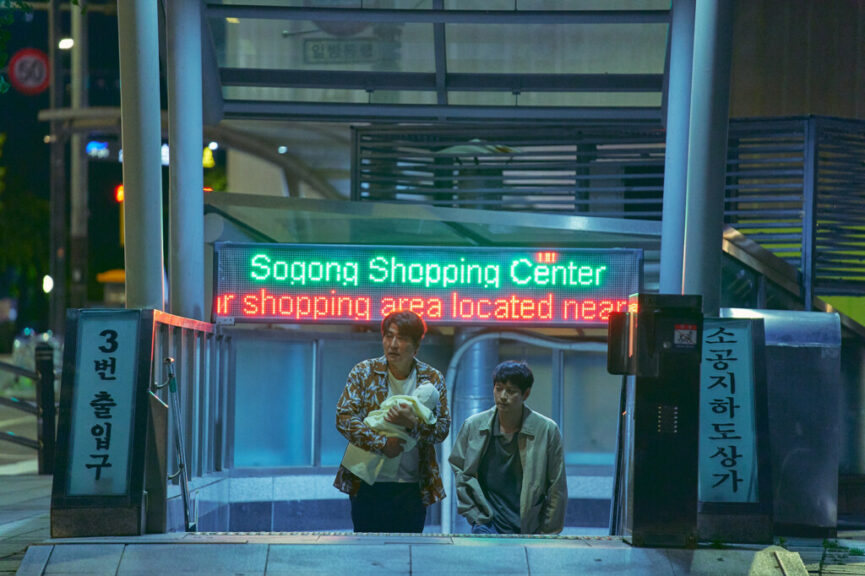
This being the case, as time goes by, the diffuse message that the film distils makes little impression, nor does the style amaze. If it may seem surprising to classify it as such in that the Japanese director’s intelligence is noticed by the inventiveness of the twists and turns and the multiplicity of views, we like Broker, as we like Knock on Wood by Veber for example, for its rather comic nature, its energy, and its overall positive philosophy. But, contrary to what he managed to do in The Third Murder, Kore Eda doesn’t manage here to instill a third component that imprints the neurons and resists time. A nice film if not profound, Broker is more like a continuation of his previous works, even if a shift in the narrative construction (less linear, more complex and subtle) seems to have been initiated, even if the director seems to have wanted to take a step back and question his own fundamentals.

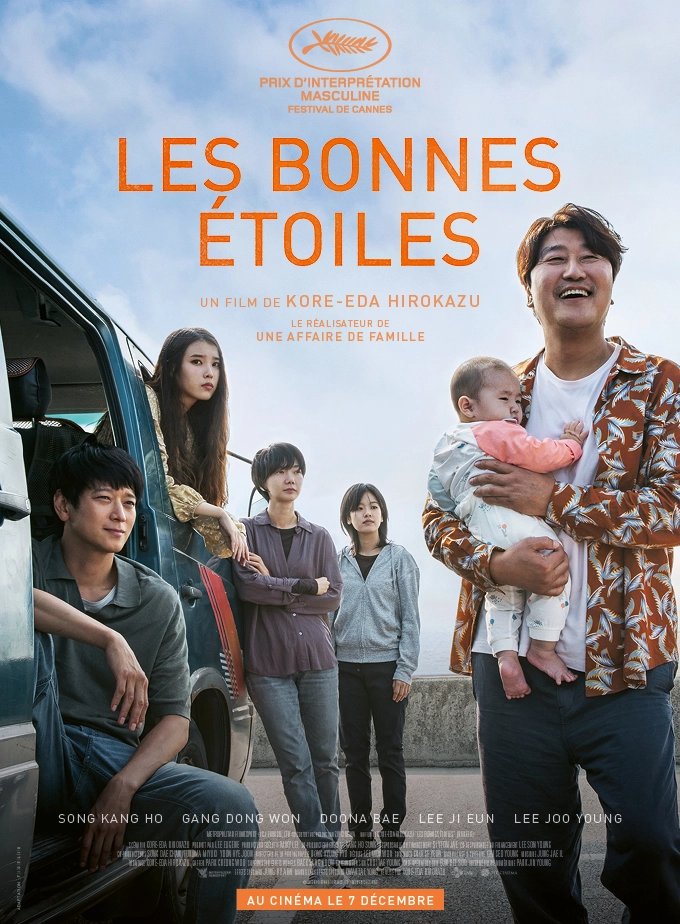
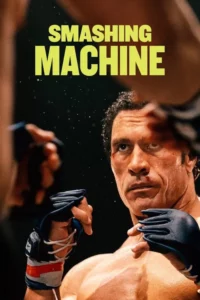
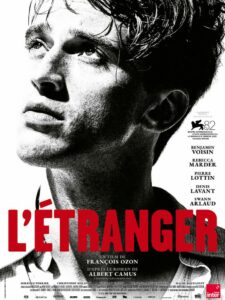
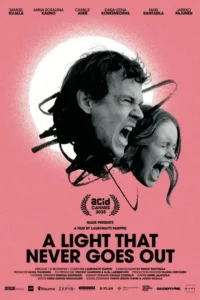

Be First to Comment